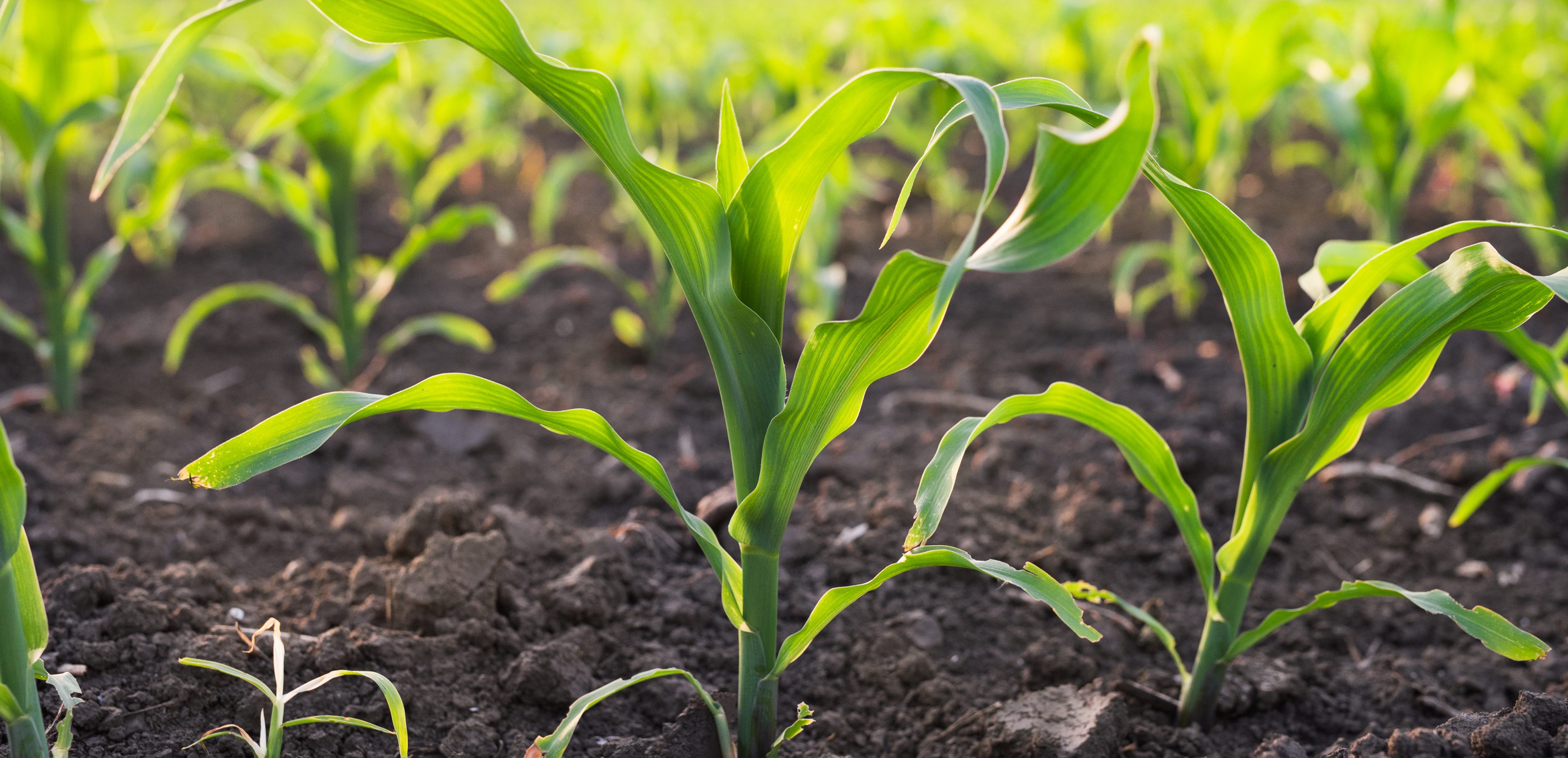Agriculture holds the key to a sustainable and prosperous future. With farming occupying 10 percent in the world economy and the world’s rapid population increase, technology needs to move towards long-term feeding solutions. Venture capitalists are certainly seeing this opportunity in the agricultural market. Their investments include upcoming technologies and solutions using sensing equipment to address specific problems in the field.
Off late, biome science, the field that studies microbial life, has been attracting investors’ attention. NewLeaf Symbiotics is among the companies benefiting from investor interest. Formed in 2012 for the research and development of a bacteria found in nature (Pink Pigmented Facultative Methlotrophs), NewLeaf Symbiotics aims to discover sustainable agricultural products based on PPFM. Venture capitalists invested $6 million in the company for more research on plant biome. The figure completes a total of $30 million given to several companies in agricultural technology research.
The Promise of Biome Science
Biome Science offers plenty to scientists for research. According to S2G Ventures managing director, Sanjeev Krishnan, multiple winners await in this category, thanks to its broad range. With so many living things under the soil, he adds, research has more than enough opportunities to explore the causalities of these organisms.
NewLeaf’s bacteria is found in anything that grows in soil. This allowed the company to commercialize its technology and gear it towards crop health. The funding couldn’t have come at a better time: the R&D facilities have just expanded to triple its size. The company will also soon introduce the developed products to the agricultural market.
The company has developed two products intended for better disease resistance among seeds. The first is the rhizobia, a soybean seed additive. The other is a treatment made for peanuts. Both products will also help the seeds in bearing some environmental conditions. Surprisingly, none of these treatments required the use of genetic modification. Unlike GMOs, all the bacteria involved occur naturally.
Research Developments
NewLeaf chief executive, Tom Laurita, added that the company has an index of thousands of bacteria. These bacteria use biological by-products, he said. They are either able to protect against a disease or other forms of predation. A bacteria could end up protecting a specific plant from an insect that carries a harmful disease. The said disease could even be viral in that plant but the research can find a way to make this harmless. Unlike other treatments, the bacteria is cost-free for the plant, Laurita also said.
Apart from NewLeaf’s biome science research, The Yard and S2G Ventures are looking into funding companies with university links. S2G isn’t the only company investing in biome science. Some companies from Monsanto and even Walmart are considering the advantages of this field. According to Laurita, both agricultural industry leaders and consumers are seeking natural sustainable products. This is decisively pulling in the investments in the field and gearing food production towards the future. However distant or near these developments may be, venture capitalists and future generations have much to look forward to.


















